Publications
Articles, publications, books, tools and multimedia features from the U.S. Institute of Peace provide the latest news, analysis, research findings, practitioner guides and reports, all related to the conflict zones and issues that are at the center of the Institute’s work to prevent and reduce violent conflict.
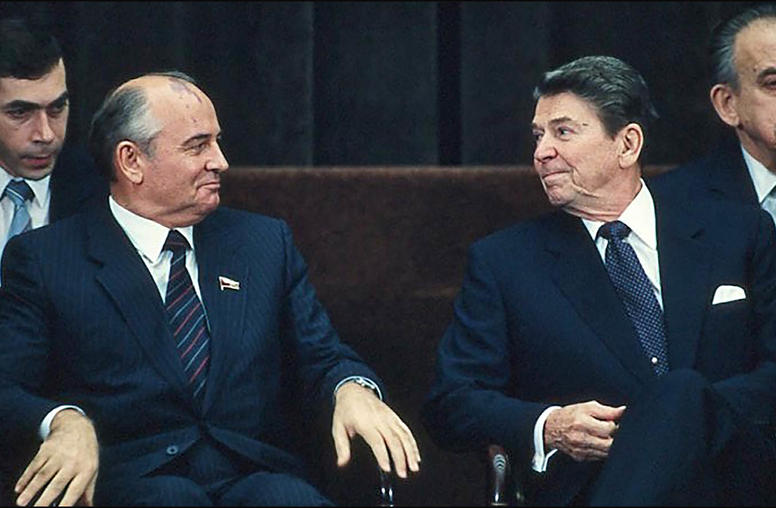
Building Peace with Russia: Lessons from Gorbachev
Mikhail Gorbachev enters history as a tragic figure—a pragmatist who ruled the Soviet Union for 66 months, believing he could save its dysfunctional, Russian-led imperium with liberalizing reforms. Yet Gorbachev’s struggle to humanize the Soviet machine led to its collapse. And while he and his Western counterparts managed to end the Cold War, Gorbachev in his final months watched his successor ignite in Ukraine a catastrophic version of the bloodshed he had labored to avert in Europe. Whenever Russia and the world might rebuild the kind of peacemaking moment that Gorbachev’s pragmatism presented 40 years ago, his legacy will help shape it.
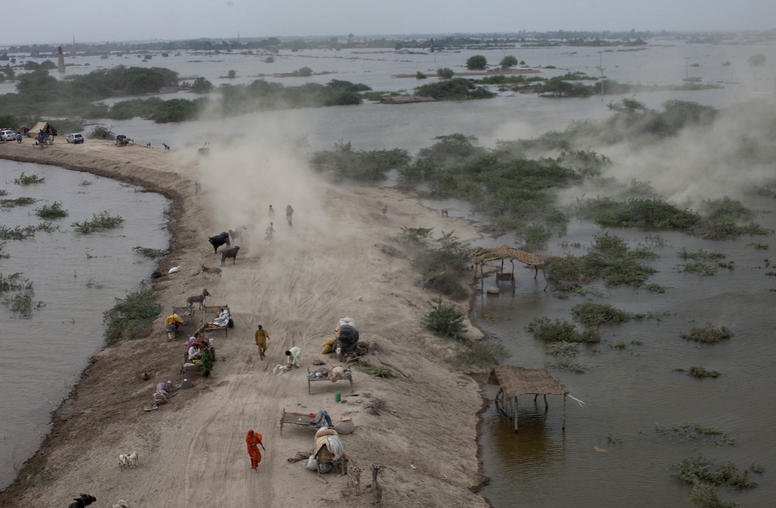
Pakistan’s Deadly Floods Come Amid Deluge of Crises
After experiencing its hottest months in 61 years in April and May, Pakistan has been hit by a “monsoon season on steroids,” according to U.N. chief Antonio Guterres. Pakistan has long been considered one of the most vulnerable countries to climate change in the world. Despite a history of intense floods, the country was ill-prepared for this year’s monsoon season. Intractable political and economic crises have hampered Pakistan’s capacity to address the ongoing fallout, particularly the worsening humanitarian crisis.
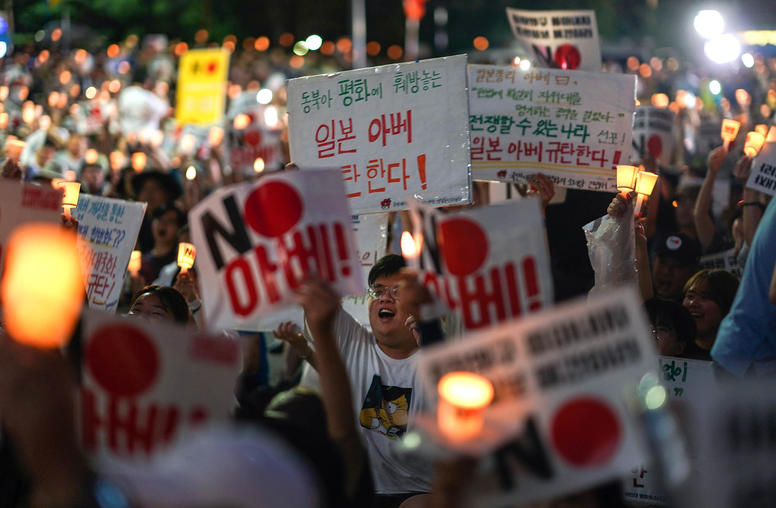
Achieving a More Durable Japan-South Korea Rapprochement
The winds of political change swept through South Korea in early 2022. Yoon Suk-yeol, a conservative and former prosecutor general, triumphed in the presidential election. As the incoming president seeks a new direction for Seoul’s foreign policy, perhaps the most politically fraught and sensitive part of his agenda is improving South Korea’s frayed relations with its former colonizer, Japan. Better relations will benefit both countries, but their leaders will need to be careful about how they go about improving relations if they are to create a durable sense of goodwill. They will need to listen to dissident voices, look at their history in new ways and convince the United States to play a productive role.
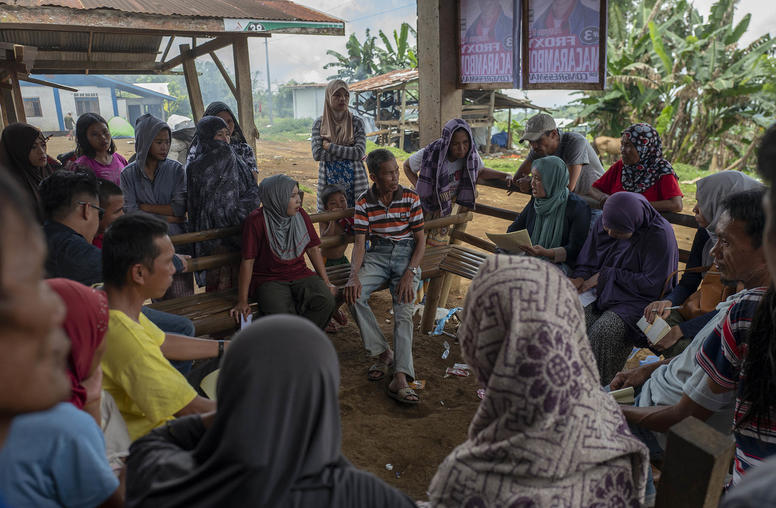
Philippines’ Bangsamoro Peace Process Normalization Track Hits Some Bumps
The normalization track of the Bangsamoro peace process involves the decommissioning of 40,000 Moro Islamic Liberation Front (MILF) combatants and their firearms, as well as their transformation to civilian and productive members of society through the provision of socioeconomic development programs and other peace dividends, extending to their families and communities.
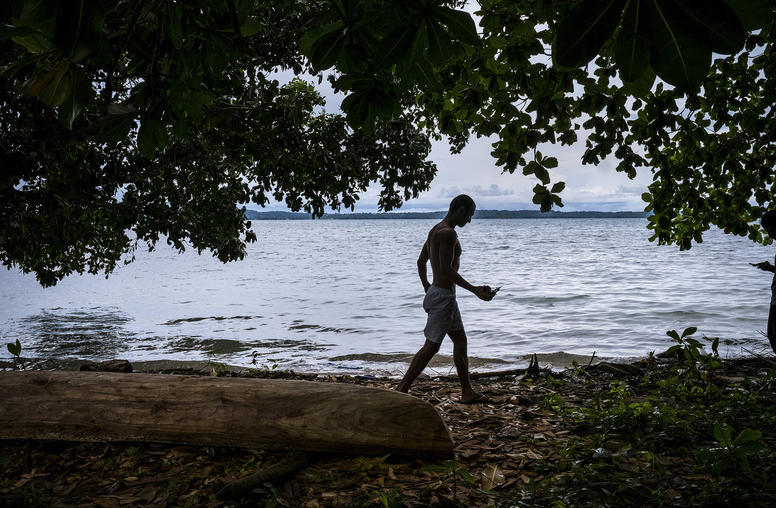
A Framework for U.S. Engagement with Papua New Guinea
Papua New Guinea (PNG) has become a key focal point for the United States as it aggressively renews ties with Pacific Island countries. U.S. engagement with PNG will require a comprehensive approach that incorporates cross-nation security cooperation and development assistance. Traditional approaches are insufficient to meet these goals. The United States should envision a framework beyond sole reliance on its military and civilian agencies. This new framework would serve to address PNG’s unique challenges, counter China’s regional activism and undergird U.S. leadership in the Pacific.
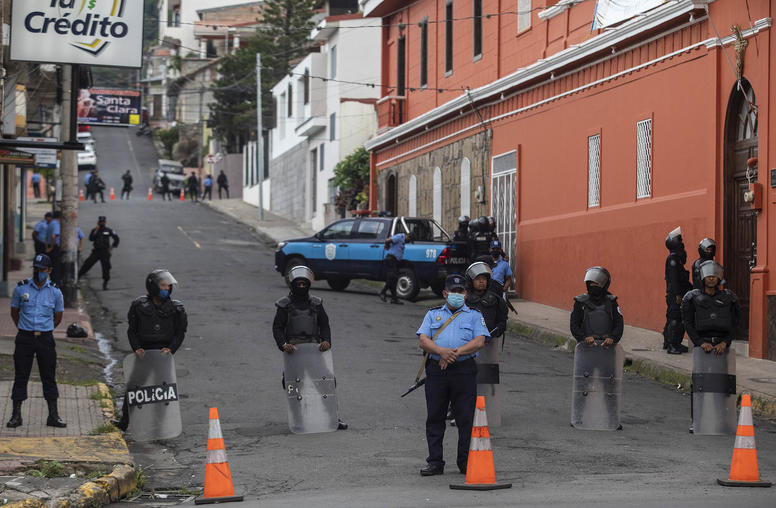
¿Seguirán otros líderes centroamericanos el liderazgo autoritario de Nicaragua?
El gobierno de Nicaragua ha intensificado su enfrentamiento con una de las instituciones de mayor arraigo e históricamente poderosas del país: la Iglesia Católica. La policía allanó la rectoría episcopal en la ciudad norteña de Matagalpa el 19 de agosto y arrestó a un obispo, cinco sacerdotes y dos seminaristas. En las últimas semanas, el presidente Daniel Ortega cerró siete estaciones de radio católicas, expulsó a misioneras y prohibió las procesiones religiosas en un esfuerzo por silenciar a la disidencia, incluso arriesgando contrariar a la fervientemente católica población del país.
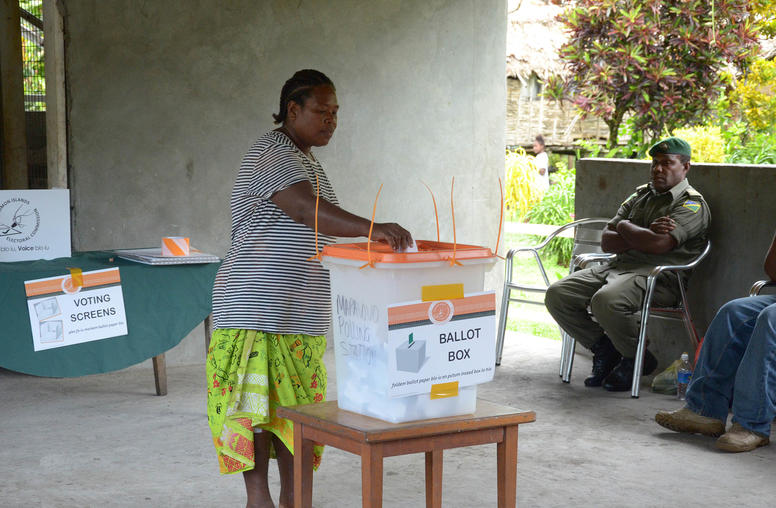
Solomon Islands: Election Delay Would Threaten Peace and Democracy
Solomon Islands Prime Minister Manasseh Sogavare is attempting to delay the 2023 elections — which would normally take place between May and August — to 2024, causing concerns among civil society and regional partners regarding the country’s growing autocracy and ties to China. Delaying the vote is broadly unpopular and could spark protests. Some Solomon Islanders fear that Sogavare may use Chinese security forces to crack down on protesters, which would fuel further instability. Postponing the election may also set a dangerous precedent for the future, allowing Sogavare to further solidify his power.
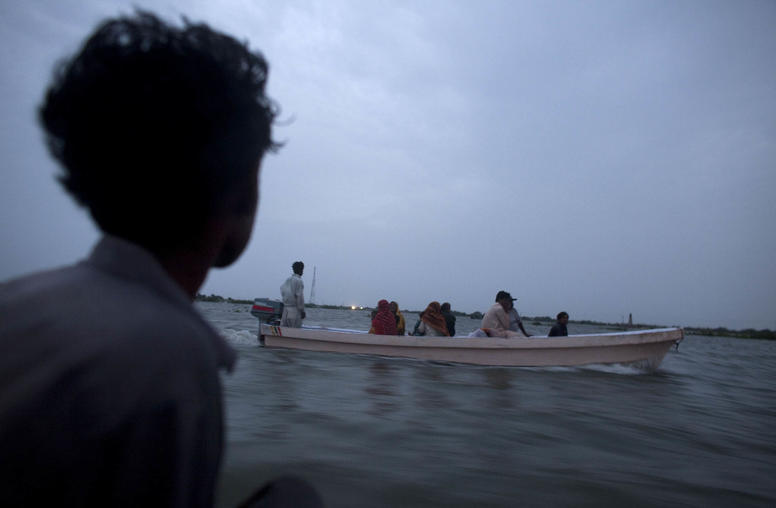
Why Pakistan Is Drowning
Pakistan is currently experiencing one of the worst environmental disasters in the world. One-third of the country is under water. Over 1,325 people have died and 33 million have been impacted. The latest statistics show that over 1,600 have been injured, 325,000 homes destroyed, 735,000 livestock lost and 2 million acres of crops damaged — numbers which are likely to increase. According to a rough assessment by Atlantic Council’s Uzair Younus and economist Ammar Khan, the direct damage to roads, homes, livestock and crops is over $3 billion, which is an astronomical amount for a developing country like Pakistan.
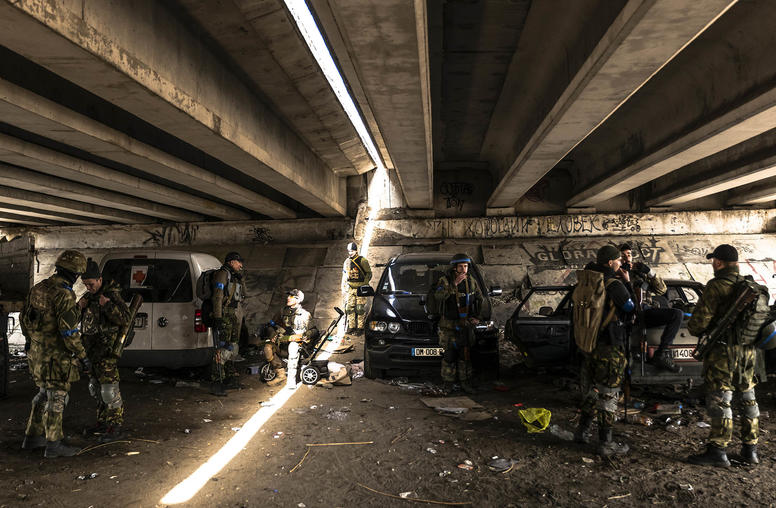
Central Asia’s New Foreign Fighters Problem: The Russia-Ukraine War
Since the start of the current conflict in Ukraine, there have been growing glimpses coming through media reports, social media feeds and personal networks of Central Asian mercenaries and volunteers fighting on both sides of the Russia-Ukraine war. But the emergence of this new foreign fighter phenomenon — less than a decade after thousands of Central Asians joined ISIS in Iraq and Syria — is raising increasing concerns and important questions for Central Asian security. Unlike the phenomenon of Central Asians fighting in Iraq and Syria, the cleavages in Ukraine are much closer to home and echo those in Central Asian society, which makes this mobilization much more divisive internally.
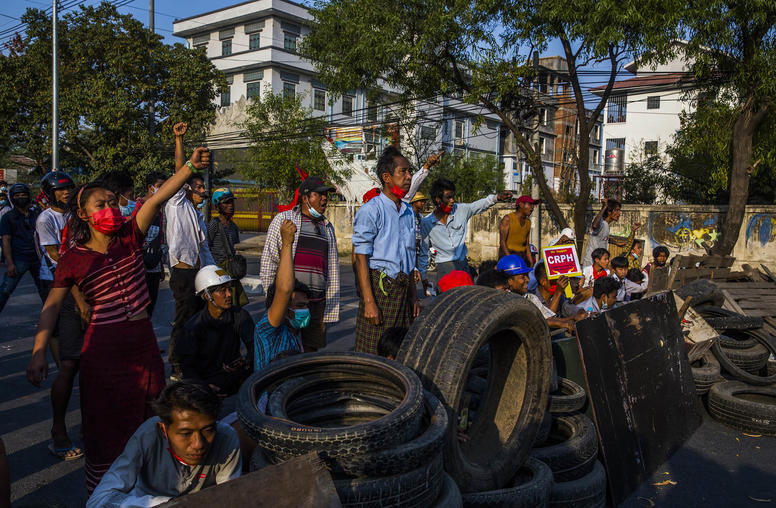
To Build a Unified Resistance and Democratic Myanmar, Discrimination Must End
Early on the morning of Myanmar’s February 2021 coup, Mya Aye, a prominent Muslim activist, was one of the first arrested by the new junta regime. Since then, thousands more have been imprisoned or killed by the regime, including dozens of Muslims, like prominent student leader Wai Moe Naing, and other marginalized minorities who have fought against the military junta alongside other ethnic and religious groups. Although the resistance shares a common enemy in the brutal junta, it has yet to fully embrace a vision for a more inclusive country that overcomes Myanmar’s legacy of ethnic and religious discrimination. To broaden its base of support domestically and internationally, resistance leaders should commit to address structural discrimination against minorities in Myanmar.